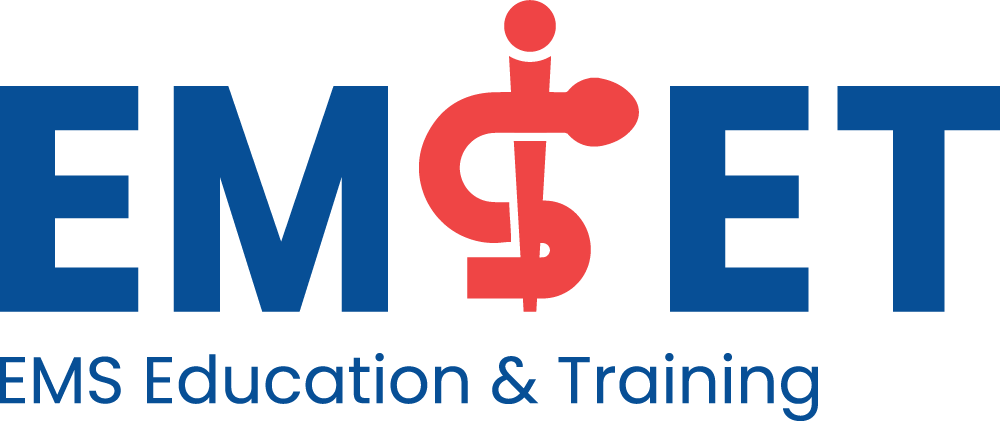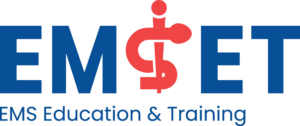Whether you are driving or riding for work in the gig economy, it is your responsibility to operate vehicles in a way that does not put you or others’ peoples lives at risk. Here, we’ll talk about some quick-and-dirty tips on how to drive safely and why it can be an important driving force behind […]
Courier Delivery has changed the face of how person-to-person and business transactions occur; we are the people behind the scenes who are responsible for consistently delivering happiness and satisfaction to millions of people worldwide. We created this course to help you ease into our team. This course provides a rundown of how courier delivery services […]
Hazards are present in the workplace and could cause harm to people. To prevent incidents, injuries, and illnesses, businesses must manage risks by eliminating or minimizing hazards. This is doable by conducting risk assessments. In this course, be introduced to or refresh yourself on risk assessments – its importance, the 5 steps of a risk […]
From the first few rungs of a ladder to the top of the world’s tallest structures, let’s take a look at what it means to work at heights. In this course, we will learn more about working at heights, its risks, and safety techniques to avoid falls.
As a pedestrian, this course will teach you how to navigate the warehouse when an operating FLT is within the area.
As platforms for communication and transportation continue to increase in today’s time, it becomes more important for us to pay attention to proper load securing. In this course, learn more about load securing, its operations and obligations, and common methods used to secure loads.
Learn defensive driving strategies.
Safety is your responsibility. This course will assist you to operate a crane safely on your worksite.

